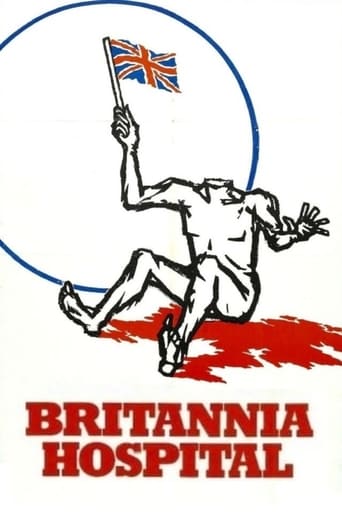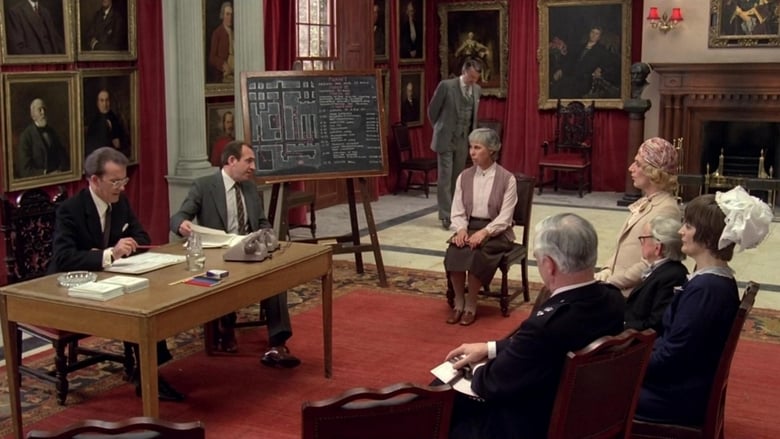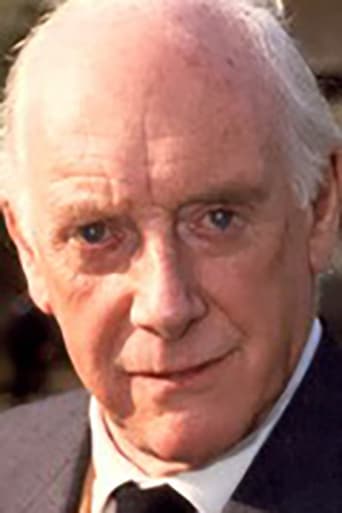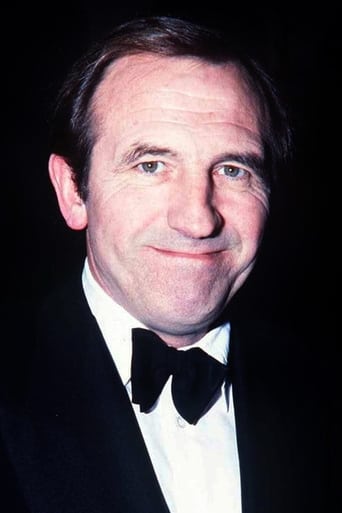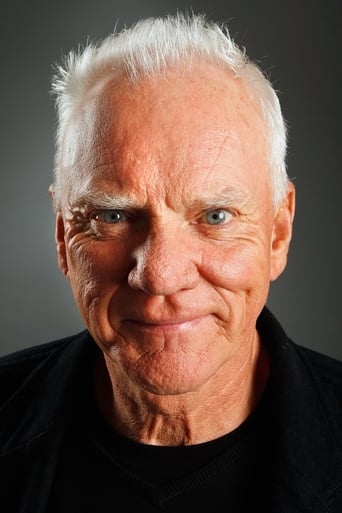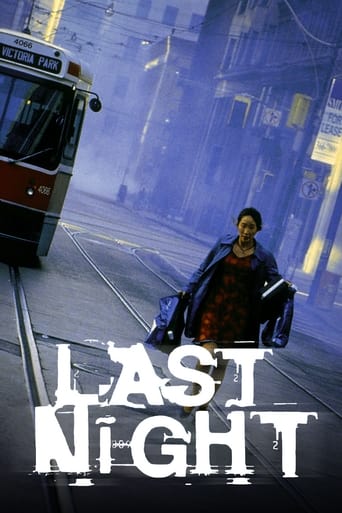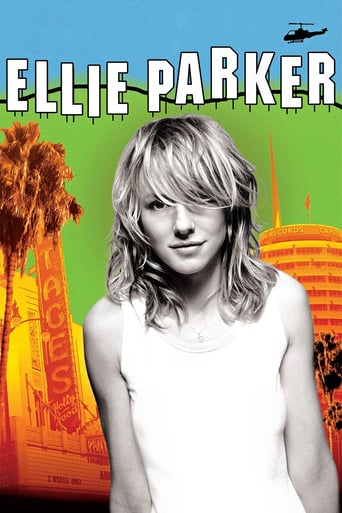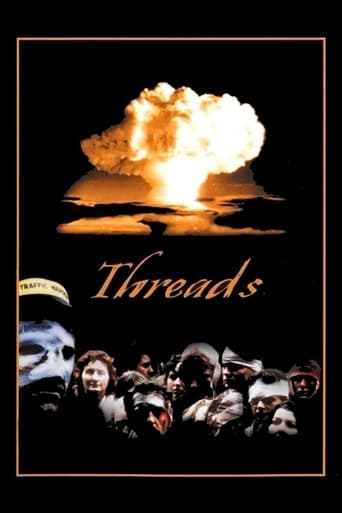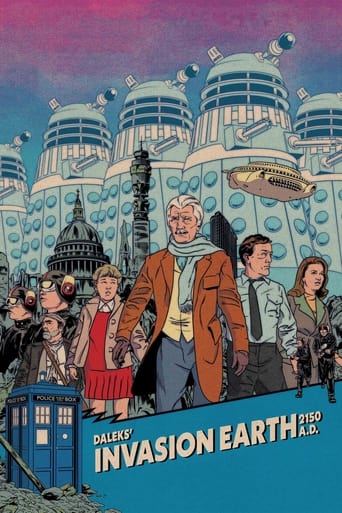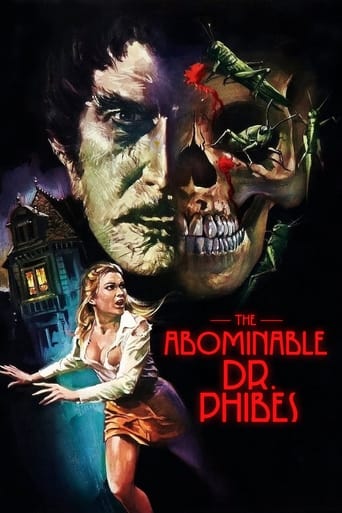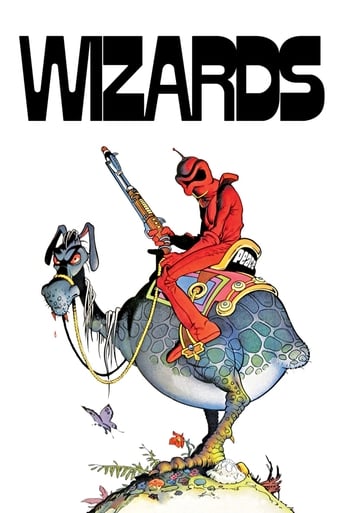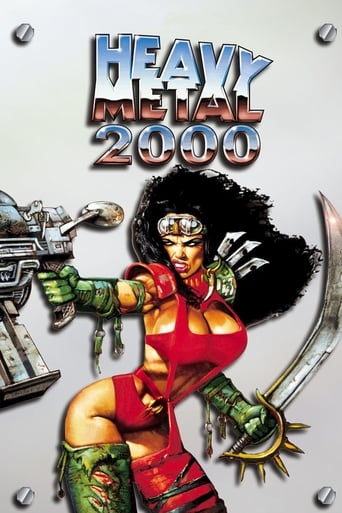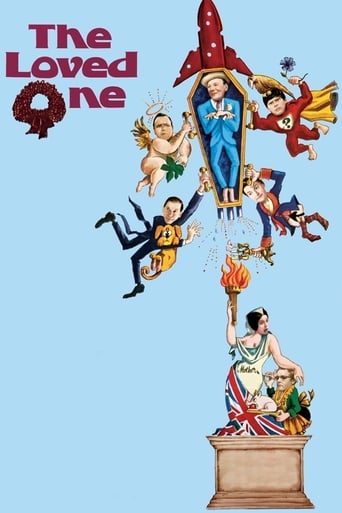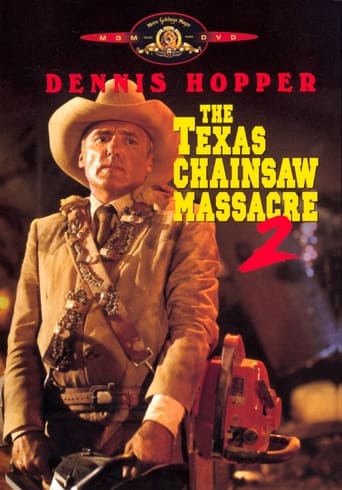Britannia Hospital (1982)
Britannia Hospital, an esteemed English institution, is marking its gala anniversary with a visit by the Queen Mother herself. But when investigative reporter Mick Travis arrives to cover the celebration, he finds the hospital under siege by striking workers, ruthless unions, violent demonstrators, racist aristocrats, an African cannibal dictator, and sinister human experiments.
Watch Trailer
Cast


Similar titles
Reviews
People are voting emotionally.
Don't listen to the Hype. It's awful
if their story seems completely bonkers, almost like a feverish work of fiction, you ain't heard nothing yet.
Let me be very fair here, this is not the best movie in my opinion. But, this movie is fun, it has purpose and is very enjoyable to watch.
Lindsay Anderson's best film by far in my opinion, this is a delightful social satire – but not for the thin-skinned, I might add – brilliantly played by an expertly chosen cast, led by Norman Rossiter. Anderson not only keeps it moving along at a nice pace, but he obviously had access to a big budget, resulting not only in well-utilized sets and locations, but generally fine production values. The clever, well-observed screenplay so expertly blends fantasy with social reality that one is willing to accept even the film's monstrous conclusion. A marvelous music score also helps and so does the superb photography and eye-dazzling sets.
This is a brief review of "If", "This Sporting Life", "Britannia Hospital" and "O, Lucky Man!", four films by director Lindsay Anderson.One of the defining films of the British New Wave, "Sporting Life" revolves around Frank Machin (Richard Harris), a short tempered guy who becomes a star on the rugby circuit. Eschewing the style of Anderson's later films, which tended to be stylised satires, it offers a gritty portrait of a Northern England rife with failed relationships, class anxiety and human despair. As Anderson cut his teeth as a run-and-gun documentary filmmaker, the film crackles with the energy of post-war neorealism."This Sporting Life" would prove a big influence on Martin Scorsese's "Raging Bull". Replace Scorsese's boxing scenes with Anderson's urgent rugby brawls and swap the tough-but-dim Jake LaMotta for the equally tough-but-dim Frank Machin, and you have virtually the same tale. Both also make extensive use of flashbacks, are shot in black and white, are preoccupied with masculinity and personal anguish, feature violent romances, mix poeticism with realism, follow the same narrative progression and are about men who express their inner turmoil through external violence.Where "Bull" differs from "Life" is in the former's refusal to put Jake within a larger social context. This is a direct result of a broader shift; from modernism to post-modernism, from art as social engine to art as social withdrawal. In Scorsese's film, Jake LaMotta essentially has no external motivation. When at the end of the film LaMotta strikes a wall and yells "Why? Why?", Scorsese is equally clueless. "I didn't want to give LaMotta any motivations," Scorsese would say in interviews (not quite true; LaMotta is reduced to a Catholic body bag, a suffering Christ who exists to absorb penance for his earthly sins), before going on to state that "all motivations are cliché". "Reasons? We never discussed reasons!" he would tell the New York Times in 1980. Scorsese's dismissal, the unconscious stance of post-modernity, is chilling.But "understanding" is not necessarily "cliche", rather it is the essential component of character. La Motta's boiling anger in Scorsese's film does not make him a human being, especially once you've read how articulate and self-analysing LaMotta is in his autobiography. That makes the film, for all its power, somewhat shallow. Compare this to "Life", which has more direct and urgent ties to the neorealist movement. It portrays sporting clubs as the playthings of the wealthy, shows how club owners become Mephistophelian menaces, is resoundingly class conscious, portrays the sports community as being intertwined with the mining community, shows how celebrity and sports are seen to be a form of financial and psychological escape etc etc. And so Anderson's films are, at their best, rebellions against the inherent conservatism of British culture, akin to the plays of Harold Pinter and Arnold Wesker, and the contemporary working-class novels of John Braine, Alan Sillitoe, Stan Barstow and David Storey, the screen adaptations of which, in the late 1950s and early 60s, ushered in a new era of British film and formed the core of what was to be known as the British New Wave.Scorsese's film, however, functions more as a pastiche of New Wave aesthetics. He, like many Hollywood directors of the 1970s, essentially takes the sexy blood/violence of the European realists and new wavers, and then drops all political context.Scorsese has never spoken of "This Sporting Life", but in the late 1970s he did mention to David Sherwin that the name of his central character in "Taxi Driver", Travis Bickle, had been chosen as a homage to Mick Travis, Malcolm McDowell's character in Lindsay Anderson's "If". It should be no surprise, then, that "Taxi Driver" is essentially a remake of "If", now set in New York."If" is about life in a highly authoritarian British boarding school. We watch for an hour as teachers, prefects, priests and various other authority figures essentially make the lives of the students miserable. One young man called Mick Travis, however, refuses to put up with this any longer; he finds a stash of guns and, during a climactic, pseudo-fantastical sequence, guns down the school's staff from a clock tower.It's a great film, though it does, like many similar films of the era, degenerate into a simple revenge fantasy, revolutions - unashamedly cathartic - brought about by bullets and violence. Compare this to fare like "The Magdalene Sisters", Jean Vigo's "Zero De Conduit" or perhaps "Clockwork Orange" and "Zabriskie Point", where the "fantasy cliché" at the end is reversed and the "anarchist" is absorbed/enfolded/manipulated into the very fabric he lashes out at."If" found Anderson developing a new aesthetic. He employs Brechtian distance, cartoonish antics and an acerbic, satirical tone. He'd develop this style further in "Hotel Britannia" and "O, Lucky Man!", both of which feature the Mick Travis character. A precursor to Terry Gilliam's "Brazil", both are also dystopian fantasies preoccupied with revolution, anarchists and abuses of state/corporate power. Attempting to portray life in a capitalist society dominated by powerful mega corporations, "O, Lucky Man!" (1973) was the more popular of the two films. "Hospital" (1982), though, was the more ambitious. Using a hospital to encapsulate pre-Thatcher, mid-1970s Britain, the film tackled everything from class bigotry to imperialism to problems of equity to Britain's love affair with monstrous dictators. The film's release coincided with the "Falklands War", and so was sunk by a rise in nationalistic fervour."This Sporting Life" – 8.5/10, "If" – 8.5/10, "O, Lucky Man!" – 7.5/10, "Britannia Hospital" – 7/10
It's sad to see that there are no directors like Anderson these days. In fact, there never was a director like him and I doubt there ever will be one like him ever.To start, I must warn any potential viewers that this film is a hand full. If you turn your head for more than 2 minutes you might be totally lost. To understand the humor of this film don't expect the kind of humor we find in today's comedy's or satires.There's something genuine about this movie. Anderson has created his own little universe with his Mick Travis Trilogy and expect the unexpected when watching this film.Overall, I say it was a good watch. It certainly intrigued and impressed with it's multiple characters. Mark Hamill has a hilarious part, and so does Malcolm McDowell. It's too bad they weren't in the movie more.Anyone who loves weird movies will have to give this one a watch. It is simply one the best of its breed and will never fail to entertain. It gets slow in some parts but the scenes with McDowell pick the film right back up. His characterization of Travis is just brilliantly funny and odd. The ending scene is as epic and classic as any scene you'll find in cinema.
Lindsay Anderson was several years ago one of my favourite directors and then, 5 years ago, I thought that this film is possible his best. Since then I saw again Britannia Hospital at least five times - and it didn't worked always - in contrast Anderson's If..., which is better and better with every watching. However, Britannia Hospital is still a very good film, but its content maybe too disturbing for a lot of viewers. I mean, not only its details (for example, eating pieces of brain, by the way, didn't Hannibal - the movie - discover it), but the consequences of the whole film. This film's dark and painful thoughts about mankind and our future are very frightening, because they - if we can face it - almost (or entirely?) the reality. Although Lindsay Anderson's satire is focused on Britannia Hospital, where the most of the plot plays, this parabolic form is about the whole world: from the poor people to the rich, from the caretaker to the mad scientist. Britannia Hospital is full of moments of horror and black comedy (namely its subplot is parody/paraphraze of Frankenstein-story), but its strongest parts are when its laughing (or crying) on the figures of government and other leaders (the master of BH, the main strikers, even the Queen). The solution is Britannia Hospital - in a paradox way - there is no solution for mankind. Maybe the speech of the professor at the end is a little didactic, but at same time quite honest; but not he has the last world in the film. For those who have already seen this film, it is known, what I'm talking about; for those who are going to see BH, let it be a surprise. It's unforgettable, but extremely sad moment: a shocking last shot to Britannia Hospital.

